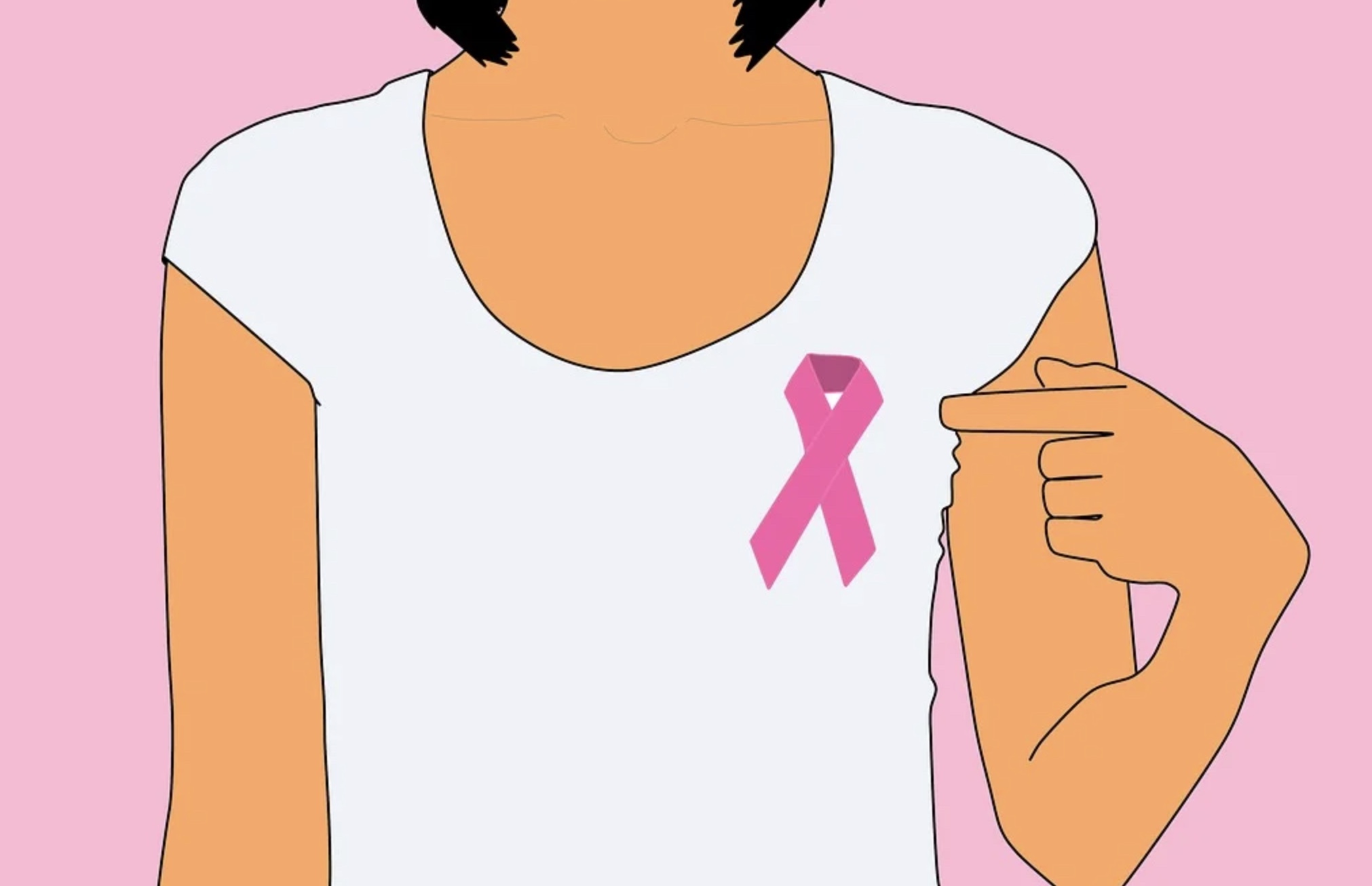No matter your age, there are a wealth of potential medical issues that affect males and females alike; however, there a many that affect predominately or only females, and once you hit your 20s, you need to be aware of them so that should the worst happen and you require treatment, you and your medical professionals can get on top of it fast. Thankfully for many complaints, there are basic checks you can undertake in the comfort of your home, thereby giving you some control and reassurance.
Nobody wants to think about the C-word; it’s big, scary, and takes too many people before their time. However, living in denial of its existence is the worst thing anyone can do, and yes, there are several that afflict only females, however thankfully, for women as young as their early 20s, there is something you can do to reduce your risk when it comes to cervical cancer, and that is by getting a regular smear test. A couple of minutes of discomfort can catch things before they turn nasty or, if they have, early on enough to let treatment have the best chance of you making a full recovery. There is now the HPV vaccine which works directly to stop the spread of the virus that causes cervical cancer; if you didn’t receive it as a teen, it is still possible to get it in your 20s – 40s for the ultimate preventative protection.
Breast cancer is rare in younger women but not impossible, and thankfully there is a very simple self-examination that takes mare minutes to do. As you learn how to do a self-examination, you will learn your body and how it feels and looks, making it more effective, so should any changes occur, you will pick up on them easier. It is important that should you discover any changes, such as a lump or dimpled and puckered skin that you contact your doctor as soon as possible so that diagnostic investigations can begin. Chances are they will be of benign origin, but should it turn out they are not, your doctor will work with an oncology specialist to set you on the right treatment path, and if you live in Oklahoma, OKC doctors will talk you through your options in a compassionate and caring manner.
Many women find out that they have endometriosis in their 20s, often after years of pain and heavy bleeding during their menstrual cycle, sometimes due to investigations for fertility issues. Endometriosis stays with you until menopause, so although it is not life-threatening, it can have a negative impact on your life if you are diagnosed with it. A good gynecologist will help you manage and treat your symptoms which can be as simple as using the contraceptive pill to keep on top of bleeding or discuss treatment such as ablation should you need more advanced treatment. Don’t be afraid to ask for help if you suspect you might have endometriosis; no woman should have to suffer the discomfort that can come with it.
PCOS – Polycystic Ovary Syndrome is a hormone imbalance that can affect a woman’s ability to get pregnant, maintain a healthy weight, and affect hair growth and acne, resulting in poor self-image. Unfortunately, there is no cure at present, but some symptoms can be managed with exercise and diet; however often, help with fertility will often be needed. Figuring out how to deal with other side effects may be something that a health care professional can help with, or you may be looking for a sympathetic beauty specialist.
While there is obviously a raft of concerns around women’s reproductive system (with ovarian cancer and all things pregnancy-related also included), it is not just gynecological health concerns that women should be looking out for, nor should issues that typically present later in life be ignored at a younger age. By taking good care of yourself early, you are setting yourself up to have less likelihood of developing problems as you head into middle age.
Gallstones afflict twice as many women as men and are usually present when you’re in your 40s, with the cause of them being obesity, raised cholesterol levels, hormones from pregnancy, and, slightly ironically, crash dieting. By having a poor lifestyle through your 20s and 30s, you will significantly increase your chances of developing painful gallstones at a later age. A gallstone attack is excruciatingly painful, often described as being worse than childbirth, and carries with it a risk of infection to the gallbladder, liver, and pancreas. Repeated attacks or a bad infection will require removal of the gallbladder, which a person can live without but will cause side effects that can affect your digestive system for the rest of your life.
Poor diet and lifestyle can also result in developing Type 2 diabetes, with the leading cause of developing it being overweight and is disturbingly being seen in more and more young people. The good news is that should you develop type 2 diabetes, when caught in the early stages, it is reversible by getting your weight down in conjunction with an improved diet; few illnesses can do this! Should it progress, though, Type 2 diabetes leaves you at risk of a raft of problems, many caused by nerve damage, including optical nerve damage which will impair eyesight, peripheral nerve damage, which causes loss of feeling in hands and feet, which in turn can nasty should you suffer damage to your feet as you may not notice any infections, as well as slow healing which can be frustrating in the short term and dangerous as it leaves you further prone to infections. It can be extremely hard to change your lifestyle and diet after many years of bad habits, even when faced with such prospects, but by learning good habits and making those changes when you are younger, you’ll have less damage to contend with and in the long run, find it easier to put your health first.

